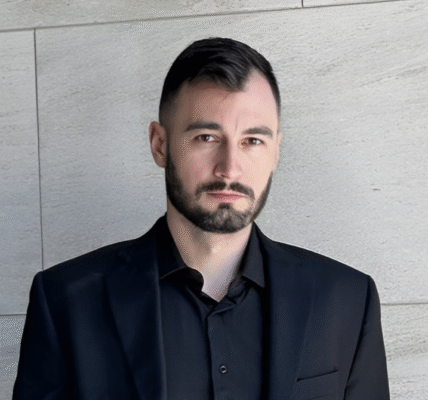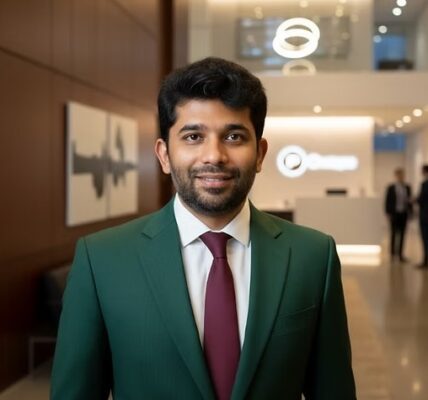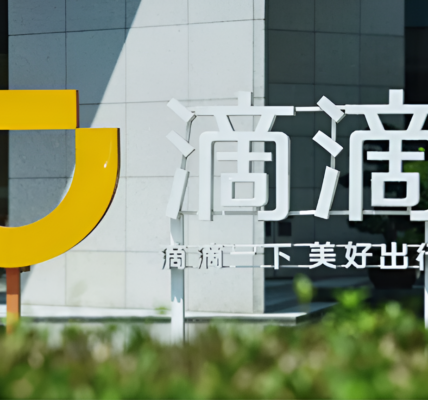
In a high-profile testimony before the British Parliament on Monday, former Facebook data scientist Sophie Zhang delivered scathing allegations against the social media giant, accusing the company of enabling authoritarian governments to manipulate political discourse and of turning a blind eye to disinformation campaigns to prioritize profits.
Zhang’s testimony comes just weeks after fellow whistleblower Frances Haugen’s explosive revelations in the U.S., further tarnishing Facebook’s reputation in the global debate over its role in amplifying harmful content.
A key part of the British government’s efforts to draft new legislation aimed at addressing harmful online content, Zhang’s testimony shed light on how Facebook’s internal policies were often ignored or undermined to protect the company’s interests. “Facebook is a company whose official goal is to make money, [and it is] more focused on protecting itself,” Zhang asserted during the committee hearing.
As a member of Facebook’s Site Integrity fake engagement team, Zhang was tasked with addressing fake accounts, many of which were found to be linked to government-backed agencies. Despite the company’s policy to remove these accounts, Zhang revealed that the platform often overlooked or delayed action when the fake accounts were linked to political figures. She explained that accounts not associated with any political leader were easier to remove, creating an incentive for politicians to openly manipulate the platform.
Zhang’s Disillusionment with Facebook’s Approach
Zhang, who was fired from Facebook in August 2020 for poor performance, claims that her commitment to tackling fake engagement in a politically neutral way ultimately led to her dismissal. Before her departure, she published an internal memo condemning Facebook for prioritizing profit over its responsibility to protect democracy.
In an interview with The Guardian in April 2021, Zhang went public with her concerns about Facebook’s lax approach to political manipulation, revealing a systemic failure in the company’s ability to prevent disinformation campaigns. Her latest testimony before the committee further emphasizes these concerns.
Zhang recounted how Facebook’s internal decision-makers—who were responsible for enforcing policies—were often the same individuals tasked with maintaining good relations with local politicians and governments, leading to a significant conflict of interest. “This creates a natural conflict of interest,” she said.
One of Zhang’s most significant revelations was the existence of a dangerous loophole in Facebook’s policies. While personal accounts are required to be authentic, the platform does not regulate Pages set up for businesses, brands, or individuals, making them vulnerable to exploitation by political actors. Zhang discovered that these Pages were being used to manipulate platform engagement—known as “coordinated inauthentic behavior” (CIB)—across various countries, including Azerbaijan, Iraq, and Honduras.
In Honduras, Zhang identified thousands of fake Pages supporting President Juan Orlando Hernández’s disputed reelection campaign in 2017. Despite the obvious manipulation, it took Facebook over 11 months to launch an investigation into the operation. When Zhang raised her concerns with senior management, she was told that threat intelligence would focus on regions like the U.S., Western Europe, and countries seen as foreign adversaries, like Russia and Iran, due to limited resources. As a result, many countries with authoritarian governments were left unchecked, allowing them to manipulate their populations with impunity.
A Strained Focus on Profits Over Integrity
Zhang’s testimony also highlighted a disturbing discrepancy in Facebook’s resource allocation. While the company has the technology and manpower to address these issues in wealthier nations, Facebook’s efforts in less-resourced countries were sorely lacking. She argued that this imbalance is a clear statement of the company’s priorities: “Teams that work on integrity and investigations…are chronically under-resourced,” she said, in stark contrast to the well-funded ad marketing teams.
The impact of Facebook’s inaction, Zhang argued, is particularly significant in authoritarian states, where political leaders manipulate social media activity to influence public opinion and suppress opposition. This, she stressed, undermines democracy and global stability.
Zhang’s testimony adds to the growing body of evidence highlighting Facebook’s failure to adequately address disinformation and harmful content. In September 2021, Frances Haugen’s whistleblower revelations to The Wall Street Journal painted a troubling picture of a company unwilling to act on key issues, including the negative impact of its platform on teen mental health. Haugen’s subsequent appearance before the U.S. Senate further reinforced the view that Facebook’s algorithms, which prioritize “meaningful social interactions,” have amplified divisive content and incited violence.
A Broader Reckoning for Big Tech
Zhang’s appearance in British Parliament is yet another blow to Facebook’s already tarnished reputation. As lawmakers around the world push for more regulation of big tech, these whistleblower accounts reveal a deep-rooted culture of prioritizing profits over people’s safety and well-being. With disinformation and political manipulation rampant on the platform, Facebook’s role in shaping public discourse is under increasing scrutiny, and its failure to address these issues may have far-reaching consequences for the future of social media.





